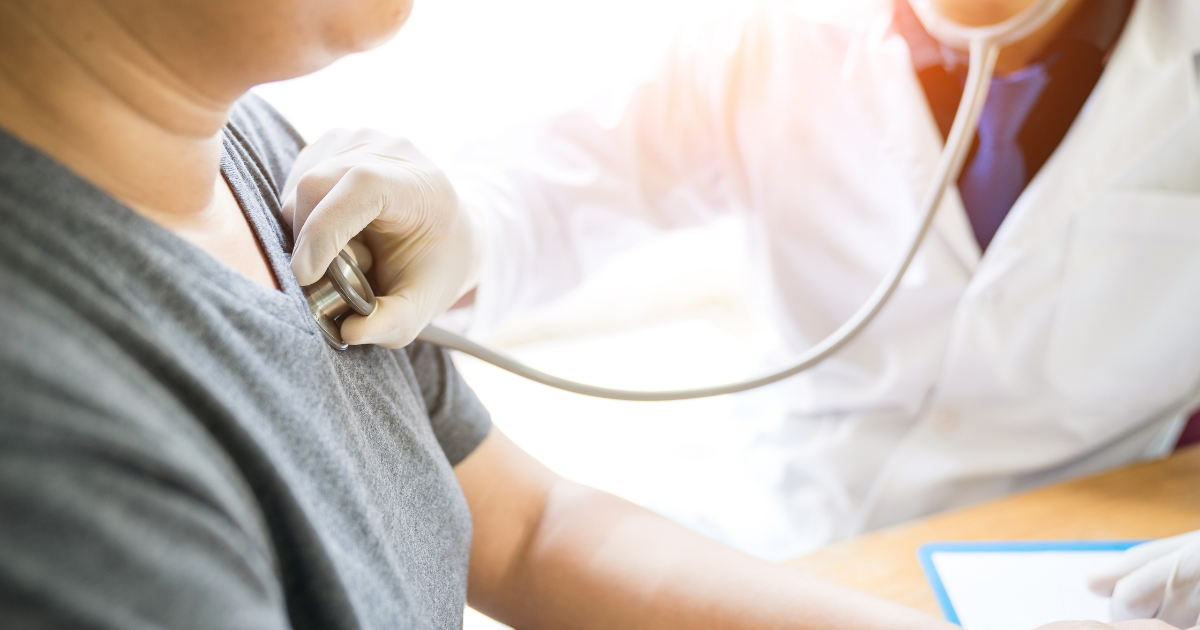Approximately 40,000 babies (or one in every 100 newborns) in the United States are born each year with congenital heart defects (CHDs). Roughly 1 million children are living with CHDs. Until recent years, many children with CHDs were less likely to reach adulthood, depending on the severity of the condition.
With continued medical advancements, higher percentages of children with CHDs are living into adulthood, now expanding a community of adults with congenital heart disease (ACHD). Today, nearly 2 million adults in the United States live with ACHD. However, many of them do not receive the necessary care and monitoring they need.
Prefer to listen to the blog? Visit our Soundcloud account and subscribe!
According to the Adult Congenital Heart Association, “Anyone who has a CHD should be seen in a specialized ACHD clinic at least once. The more complex your CHD is, the more crucial it is that you get your care from an ACHD healthcare team. Depending on where you live, that may mean traveling some distance for the best care.”
It begs the question: What happens to children with CHDs requiring adult continuity of care (meaning they have reached a specific age and need to evolve from pediatric care to adult care)?
Typically, when a child reaches a certain age, he or she transitions from pediatric to adult health care. While the transition is relatively simple for many medical conditions, it’s a more complex process for patients born with a CHD who reach adulthood.
For starters, there are only slightly more than 450 board-certified ACHD cardiologists in the country, practicing in 44 Adult Congenital Heart Association-accredited facilities in 27 states. Therefore, many pediatric cardiology patients transitioning to ACHD care don’t have local access to accredited ACHD specialists. However, according to David Briston, M.D., a board-certified pediatric and adult congenital heart disease cardiologist with Pediatrix® Cardiology of South Florida, there is a viable solution.
“In some instances, we ask our adult patients to visit us every two to three years for specific tests, such as cardiac CT scans, cardiac MRIs, echocardiograms, transesophageal echocardiograms, exercise tests and cardiac catheterizations, so we can assess the current state of their heart,” he said. “Between visits, their local cardiologist can manage their care and contact us if questions arise to ensure our patients receive the precise care they need to maintain the best possible heart health.”
That covers the medical side of the equation, but there is also an emotional side to be considered when transitioning a pediatric cardiology patient to adult care. Many of them have spent their entire childhood with the same cardiologist or cardiac team. Their relationship transcends that of a typical doctor-patient association. They have established a special bond some may consider a friendship or kindred connection.
“Say a mother suffered a traumatic birth experience, almost losing her baby due to a CHD, and the pediatric cardiologist saved her baby’s life,” said Dr. Briston. “The mom and child have spent years with the same pediatric cardiologist, and they don’t ever want to leave. The cardiologist doesn’t want to say goodbye either because they are not only life-long patients, but they are also friends.”
For Pediatrix Cardiology of South Florida patients, the specialists strive to make the transition as seamless as possible. Ideally, by the time the patient is 14 or 15 years old, the pediatric cardiologist begins the conversation about the need for adult care with a board-certified adult congenital heart disease specialist. With several Pediatrix Cardiology locations and a collaborative team of pediatric and ACHD clinicians, the patient and parents already have the advantage of trust based on their long-term relationship with their pediatric cardiologist. So, a move within the same family of practices helps ease the anxiety associated with changing doctors. The team also works with pediatric cardiologists who aren’t part of the Pediatrix team to help them smoothly transition their patients to adult care.
ACHD patients must continue a high level of quality care to help ensure their heart condition is appropriately monitored. While the transition from pediatric cardiology care to adult care may be difficult for some, pediatric cardiologists have access to ACHD specialists across the country and are well-positioned to provide their patients with referrals to boarded cardiologists at accredited centers.
“We are the only accredited adult congenital heart center in South Florida and were one of the first in the country,” said Dr. Briston. “Our practice medical director, Dr. Todd Roth, also a board-certified pediatric and ACHD cardiologist, and I provide a service so our congenital heart patients don’t have to worry about finding an accredited ACHD specialist. When these patients transition to us, it’s a direct reflection of the wonderful doctors, nurses and many medical professionals who have taken great care of these babies, children and adolescents and allowed them to grow into adulthood.”
